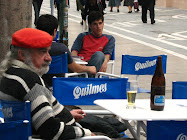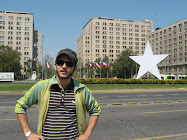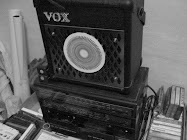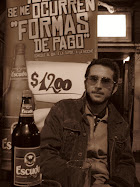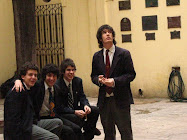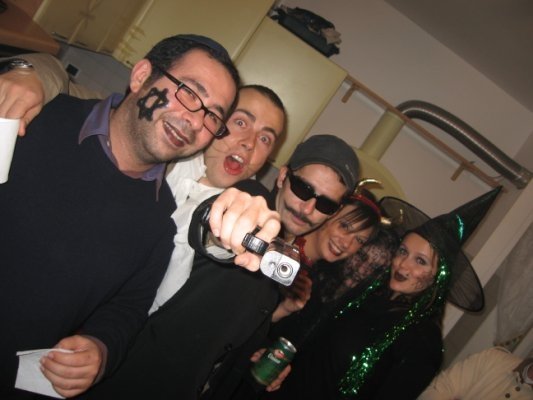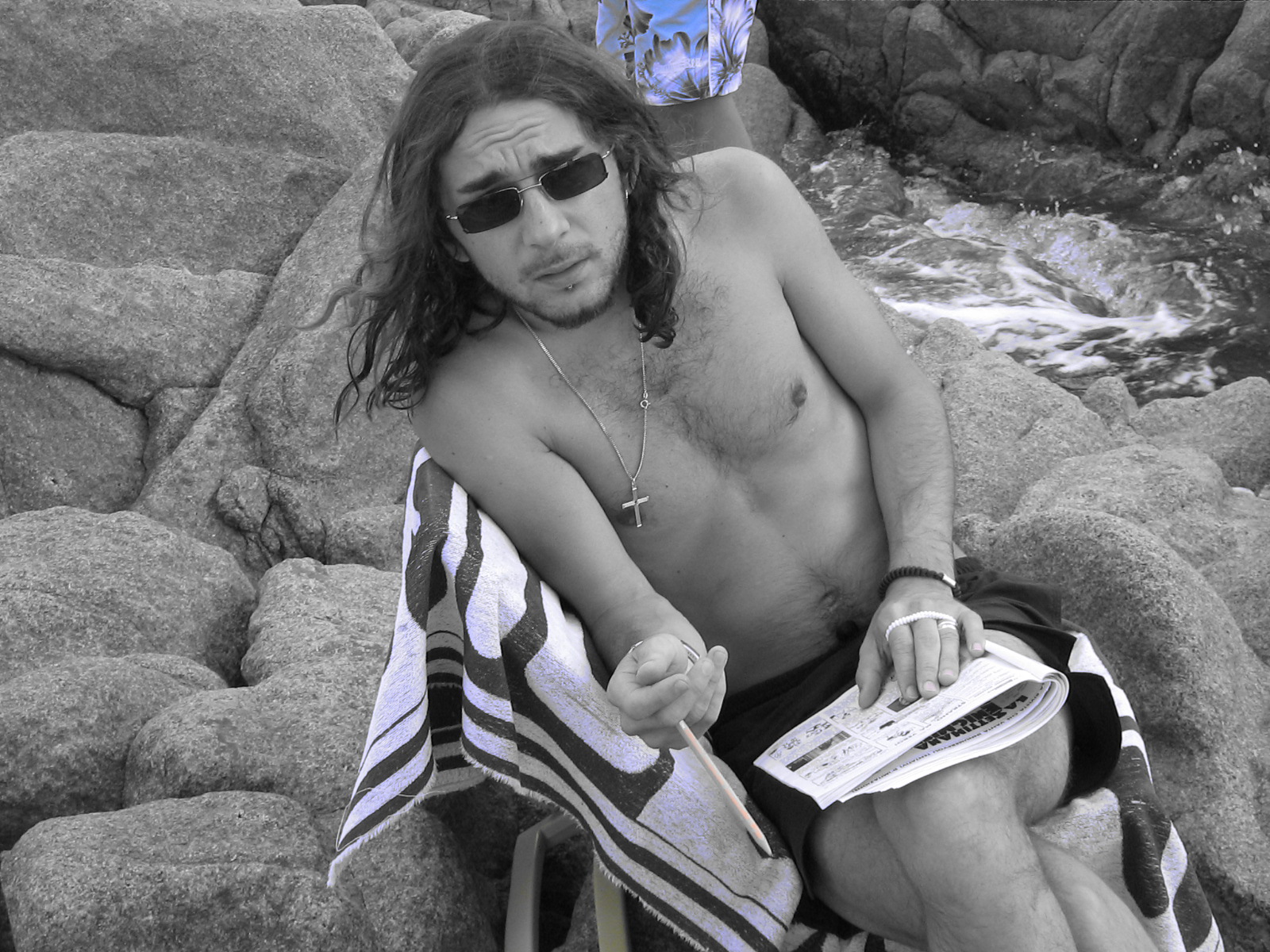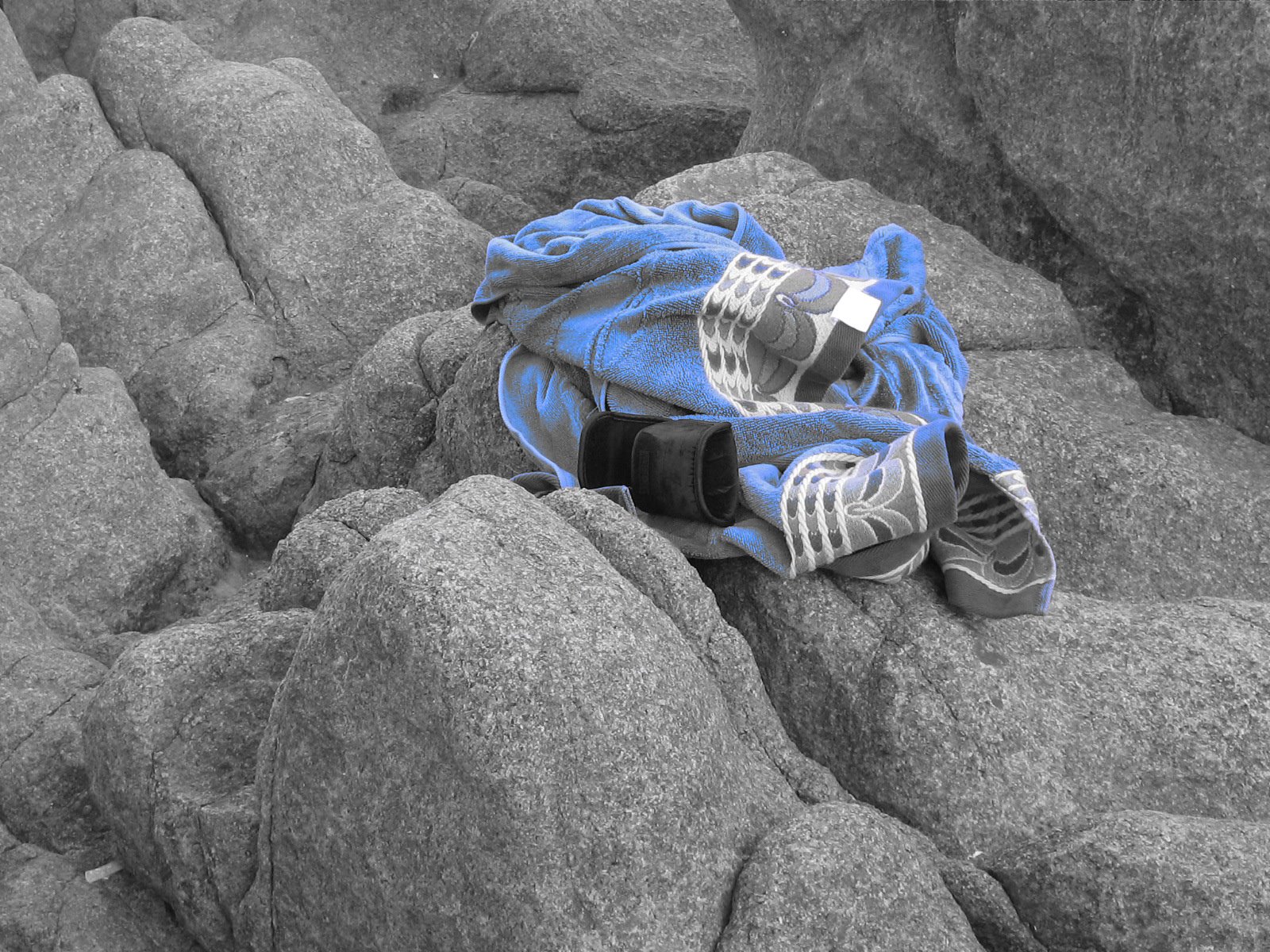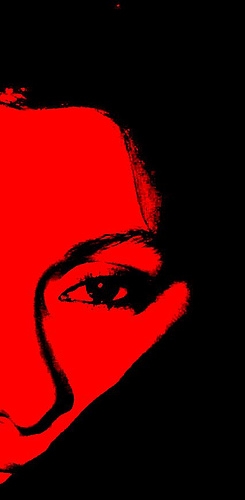Rome
The Cold War ended in Italy last week – nearly two decades after the tumbling of the Berlin Wall. Our new parliament, elected after two days of voting April 13-14, will not have any members elected under the hammer and sickle. The heirs of the neo-fascist movement have also been expunged from the MPs' rostrum. The vote produced for the first time an Italian government and a main opposition party that at least on paper are both committed to reform. Getting the job done in these postideological times still won't be easy.
![[If the Boot Fits]](https://lh3.googleusercontent.com/blogger_img_proxy/AEn0k_vDeDz3dlaw_MyBO1sbFeNrlmIJzWqfIAYgV1dwyHgbWvP_5ysO_Qpkgt96y7p8-bHJKhcbwCLPpg-PuULKGXZ1Co_6WPpO7cgYdfLIeUahnVa8IWmrIYR6KAraES5vHrfK3RuXmXCc4Rxk5DDZIA=s0-d) |
| Martin Kozlowski |
The new Prime Minister Silvio Berlusconi will rule the country for the third time since 1994. At age 71, this is his last chance to implement the economic changes that Italy badly needs. Mr. Berlusconi promised them in his winning bids in 1994 and 2001, but failed to deliver. He blames his overcautious former allies, the Christian Democrats, and assures us that this time will be different. Allied with the National Alliance of Gianfranco Fini and Umberto Bossi's Northern League, he has to decide whether Italy will regain a loftier status in the European Union or decline in melancholy.
Decline is not inevitable. The North is rich and vibrant, enjoys full employment, and manages to integrate immigrants at a brisk pace. Fiat was turned around by the combined performance of Sergio Marchionne's post-Taylorist management and Luca Montezemolo steering shrewdly through the country's Byzantine business rules. Italy's leading banks Unicredit, Intesa San Paolo and Capitalia rank prominently in Europe. Exports have so far survived the "super euro."
Start-ups dot the suburbs in what Giuseppe Berta calls "The Padania megalopolis," stretching from Turin's Alps to Venice's lagoon. Italy's entrepreneurial class, which traditionally supported the Communist Party and the radical trade unions, today votes for Mr. Berlusconi's freshly minted party, Popolo della Libertà, and shares his individualistic style and happy-go-lucky philosophy. The Northern League's boom – its votes doubled in Milan, Turin and Venice from the 2006 election – is also rooted in this new class, often invisible to the old media pundits.
The good news ends here.
The South remains backward and unemployment is high. The grip of organized crime is vicious. In his brilliant book "Gomorrah," Roberto Saviano showed how the Camorra, Naples's Mafia, adapted to globalization faster than any Italian company, dealing directly with China and taking advantage of the free market.
Sicily's new governor, Raffaele Lombardo, who allied himself with Mr. Berlusconi, promises to open the island to foreign investments. "Sicily will be the next Ireland," he boasts, hoping to breed a Mediterranean tiger. A nice idea – but, according to studies by the Bank of Italy, organized crime still scares the heck out of international investors, who fear starting a business there will place them next to a paunchy Godfather at the first board meeting.
Silvio Berlusconi knows all the bad news – that the IMF projects Italy's growth this year at a puny 0.3%, that we have fallen from No. 1 in the world in tourism in 1970 to No. 6 now. We were proud to overtake the British economy in the '80s, when Italy joined what is now the G-8; now we are shamed by a Spain that's doing better than us. Since 1986 no Italian has won a Nobel Prize in science. Italy's schools and universities are like our highways: Slow, crowded, inefficient and outdated. Italy's prominent movie director, Nanni Moretti, shoots elegant, narcissistic, decadent films, depicting a country scared to death about the future.
Mr. Berlusconi's opponent, former Rome Mayor Walter Veltroni, lost the election but came away with a brand-new party, the Democratic Party. Having dispatched the Communists, his strategic dilemma is how to raise a new generation of leaders during the five years that Mr. Berlusconi will likely spend in Palazzo Chigi.
Mr. Veltroni has to root his party in the North and prepare it for the globalized knowledge-economy that workers are so nervous about. Pro-American and a savvy pop-culture fan, Mr. Veltroni adapts well to new environments. But he needs patience – and the spine to keep the old guard at bay. For Mr. Berlusconi, the strategic dilemma is how to face up to Italian reality. Romano Prodi, the departing prime minister, put Italy's fiscal house in some order. But his sound liberalization plans were sabotaged by the radical left. A decent and competent leader, Mr. Prodi was poorly served by a squabbling, petulant cabinet.
Reality ended Mr. Prodi's dream and threatens Mr. Berlusconi's. The new premier warns of "hard times." His minister of finance, Giulio Tremonti, published last month a best-selling book titled "Fear and Hope," echoing the slightly antiglobalization themes of Barack Obama and Hillary Clinton. It worked well with the small-business voters in the North. There is a difference, however, between calling for curbs on Chinese and Indian imports in a political campaign and being a policy maker in the real world.
Don't expect a different Silvio Berlusconi in style. The Caraceni suit, the foreign leaders invited to his villas, the stand-up comedian jokes, the bandanna and foulard – all will stay. But to secure himself a decent chapter in Italian history, Mr. Berlusconi now has to deliver what he has promised since 1994: Quick reforms.
Italy's left – like Italian football in the '60s – can be hesitant on offense but remains world-class on defense. It will be impossible to jump-start the reform program if sharing the spoils of power comes first. While handing out plum public sector jobs to allies might be tempting for Mr. Berlusconi, it would antagonize the center-left and tempt it to filibuster his legislative program and encourage unions to occupy the squares. His success depends on creating a positive political climate.
The long campaign for reforms has raged for 14 years. Italians are exhausted. The world adapts at high speed while we bitterly blame each other. Italy can still pull it off, moving out of the Cold War and into the 21st century. For everybody – Messrs. Berlusconi and Veltroni and the old country – it may very likely be the last chance.
Mr. Riotta is editor of the RAI TV news program Tg1.
Bossi: "Niente scherzi o votiamo uno di sinistra"

